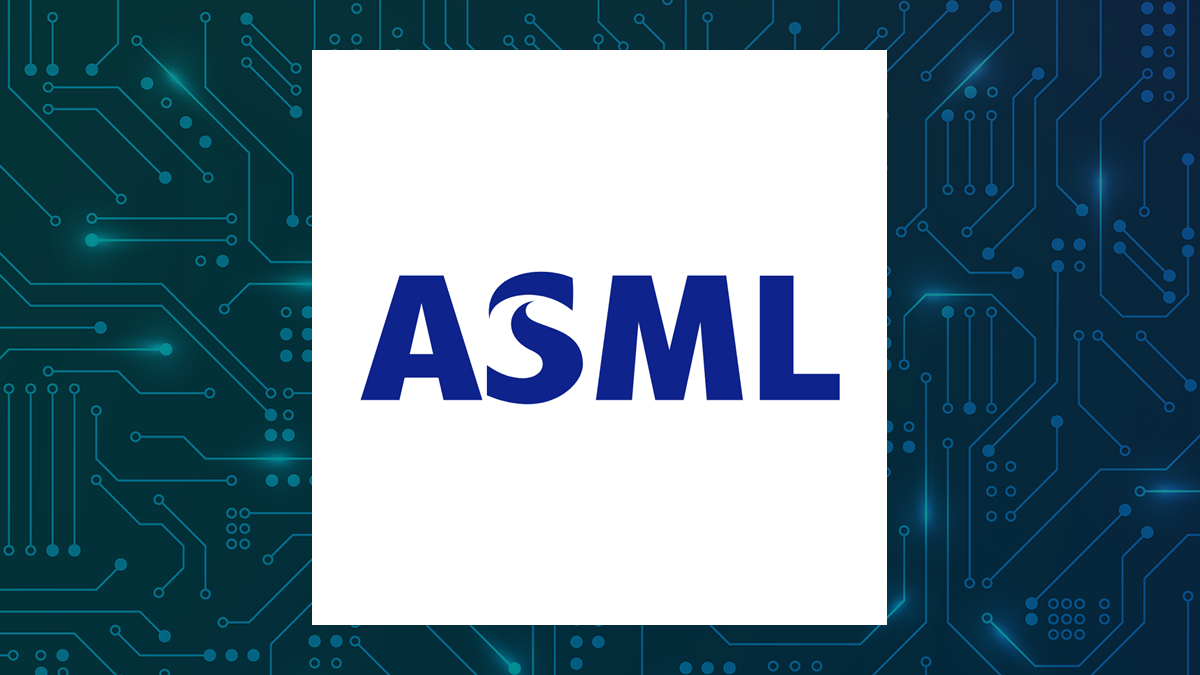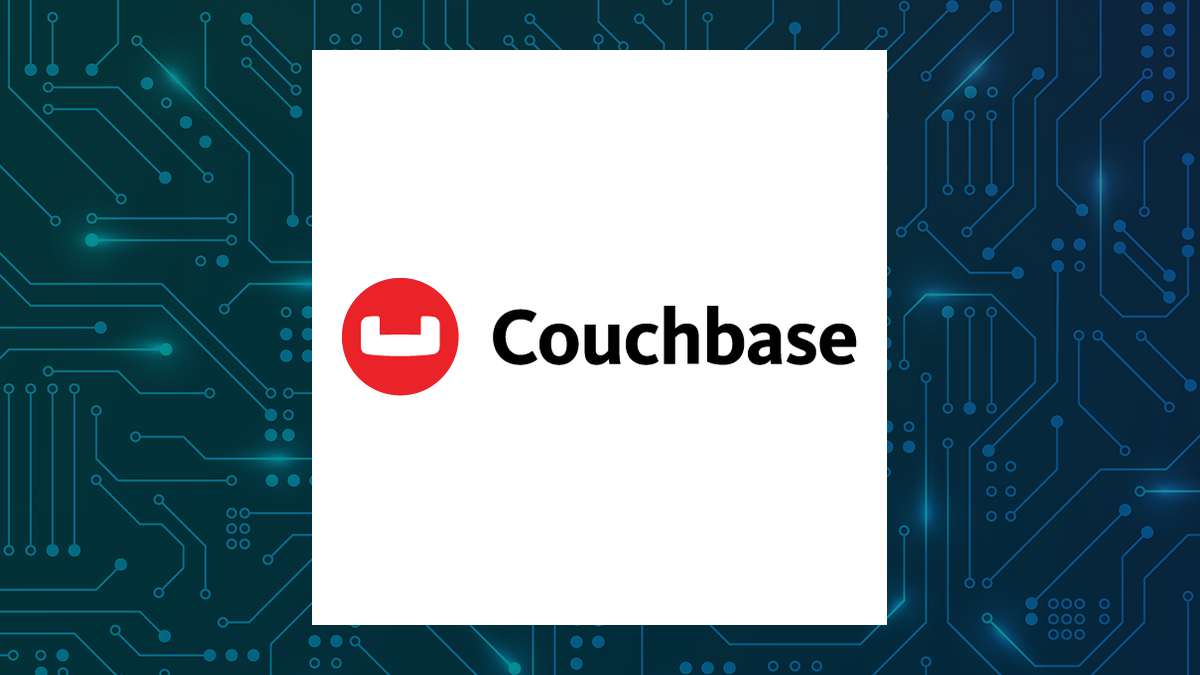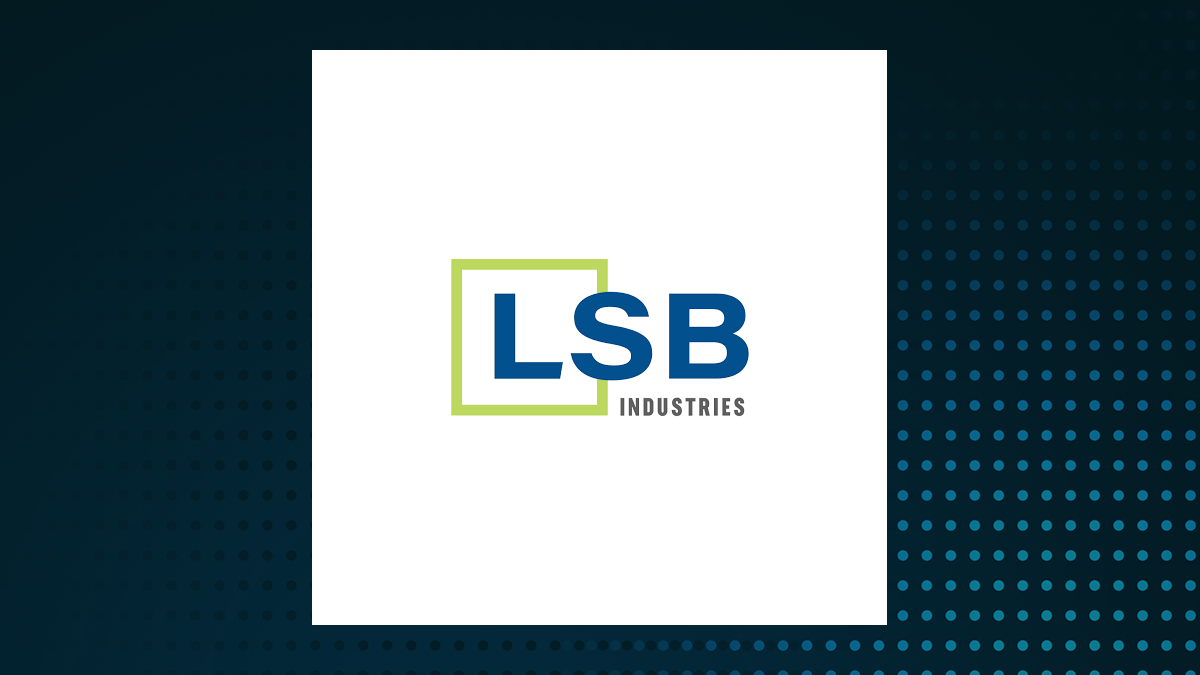
Health informatics is changing the way doctors and other healthcare professionals handle patients, diagnose them, and treat them. In the current world, with the new technical developments emanating from our world, healthcare systems have become adept at incorporating the use of data analytics in healthcare. Several vital trends and innovations that will define the future of healthcare are expected to emerge or continue in 2025, therefore is a need to remain informed.
Below are some of the trends in data science that will be discussed in this article to understand their impacts on healthcare providers, patients, and technology developers. The Rise of Predictive Analytics The most prominent application of data science in healthcare is possibly using predictive analytics. This approach is based on historical data and makes forecasts, thus having the opportunity for intervention by healthcare providers.
For instance, predictive models can predict various disease epidemics, re-admission of patients, or their declining health status. Predictive analytics uses different data resources, such as EHRs, wearables, and genomic data. As these parallel databases grow so does the ability of healthcare providers to create better models for the treatment of patients.
By 2025, MA also anticipates that predictive analytics will have a more central place in clinical decision-making, as evidenced by decision support for treatment personalisation. Optimisation of Artificial Intelligence If, in fact, by 2025, predictive analytics occupies a relatively more central position in clinical decision-making, this will indeed be supported by the evidence of treatment decision support for personalisation. Integration of Artificial Intelligence Artificial intelligence is one of the dominant and ever-growing fields, which are adopted in the industry of data science related to health care.
Artificial intelligence has already been used for handling large volumes of data within a limited period with high accuracy. They can provide insights to a human analyst, which might not have been considered due to the time constraint. For example, AI can provide information for the diagnosis decision by analysing images of any medical type such as X-rays and MRIs, or by determining malformations and delivering a diagnosis.
By 2025 more opportunities to develop further will be achieved in Artificial intelligence and its application in the treatment of patients and to improve ICT plans. AI technology is going to be infused into the working model of healthcare that shall improve productivity in the long run for the patient benefit as well as healthcare providers. Telemedicine and Remote Monitoring Multiple research have proved that the SARS-CoV-2 breakout improved the adoption of telemedicine and will continue to explode during the five-year forecasting period.
Data science in healthcare optimises its telemedicine services. Remote monitoring tools like wearable devices provide immediate health information to the patients' respective healthcare providers, with which they can keep track of the patients effectively. Because the information gathered from such devices is rich in content, it utilises data analytics .
With this, healthcare providers are in a position to make decisions and interfere appropriately due to observed trends and changes in a patient's condition. The application of this approach not only strengthens patient care but also reduces the workload of facilities dealing with health care. The future of telemedicine significantly depends on innovations in data science to make smooth and effective processes of patient monitoring.
Increased Patient Involvement As healthcare and its ecosystem continue growing more complex, the important role of patient engagement is paramount. Data science can inform providers on how patients want things done and how they behave and need things. Healthcare organisations can advance communication strategies that further enhance engagement through data analytics.
For example, personalized health advice will be communicated depending on the data relating to individual health, and adherence to care plans will increase. More health organizations will enable patients to have personalized experiences in 2025 when more of them apply data science approaches to allow collaborative approaches to health management to happen. Better drug development will be witnessed when more data regarding pharmaceutical industries is utilised to make it possible to analyse interactions, side effects, and reactions to pharmaceutical products.
Another area where big headways are also being made in data science is the pharmaceutical industry. Due to data science innovation, the very time-consuming and very cost-prone process of traditional drug development has recently been streamlined. Using clinical trials, researchers can quickly discover promising candidates for drugs.
Data science capabilities like machine learning predict what might happen using the demographics of patients and the genetics of individuals. Such a data-driven methodology accelerates drug development and helps chances of success. Expect more targeted therapies and faster approvals by 2025, thanks to advancements in data science for healthcare.
Role of Interoperability As hospitals launch different technologies, interoperability becomes even more crucial. The trend of data science highlights the importance of seamless data exchange among various healthcare providers and systems in multiple institutes. It is sure to make healthcare patient data retrievable and usable in other platforms for upgrading care coordination.
In the year 2025, interoperability standards will take great strides for us to anticipate that healthcare organisations will share much more data based on these standards. Conclusion Data science for health care will be revolutionised in 2025. The emerging innovations and technologies from the field of data science, from predictive analytics to AI integration, telemedicine, more collaborative patient engagement, better drug development, and interoperability, are going to have a drastically positive impact on processes of patient care as well as on improvement operations.
Through harnessing the power of data analytics, healthcare organizations can benefit from an improvement in decision-making, enhanced patient outcomes, and a more collaborative environment of healthcare. Change must be embraced by stakeholders to ensure readiness for the future of healthcare..














